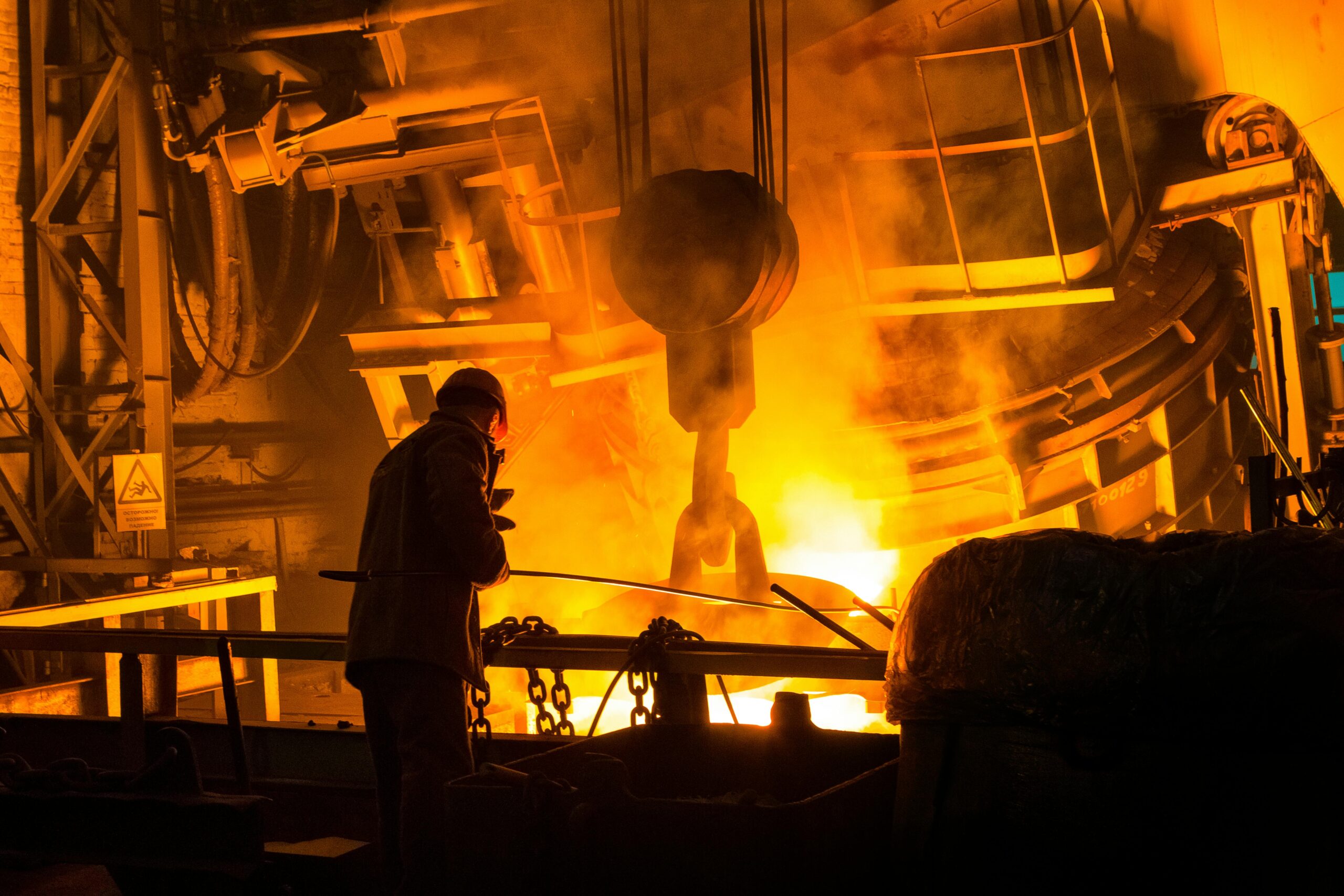Call or Text
801-438-4793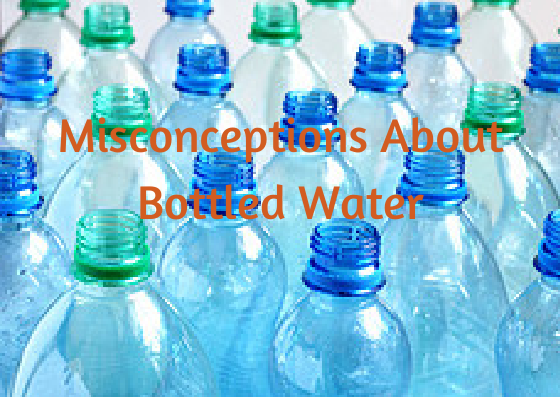
Misconceptions About Bottled Water
May 30, 2014
The bottled water industry makes a lot of money. Bottled water has become a highly profitable business and the major beverage companies that have integrated into the production and distribution of bottled water have continued to expand the reach of the ‘premium’ water business. Dozens of brands have emerged to sell their ‘higher quality’ water in a bottle. With this, a tremendous amount of marketing and packaging are involved to sell this product. Because of the success of this campaign, there is a widespread belief that bottled water is purer, tastier, or healthier. While a part of this is relative to the quality of the water coming from the tap, there are still numerous misconceptions surrounding bottled water.
Bottled is Purer
Sometimes there is no alternative to bottled water. In places where the tap water is non-potable or where uncontaminated water is scarce, bottled may be the only option. Additionally, there are plenty of occasions where you are more or less forced to hydrate with a $4 bottle of water. The occasional necessity to purchase and consume bottled water, however, doesn’t say anything about its inherent superiority or purity. In some instances, the only superiority may be that it is uncontaminated where all other water is.
Companies that bottle water typically purchase municipal water, filter it, and infuse minerals. According to the EPA, some 25-40% of bottled water originates from municipal water sources. The next time you are contemplating the $6 plastic bottle of water in the form of a glacier, reading that the water originates from pristine glaciers, you will be right to retain some scepticism. Marketing aims to make the ordinary extraordinary–or at least perceived better. While the ornate bottle and the attractive descriptions are visually and emotionally resonating, the water itself may not be anything special. This doesn’t make the water inferior–just ordinary water.
EPA has high quality regulations, so getting EPA regulated bottled water is certainly a good thing. One thing to watch out for is water that was not FDA certified from municipal sources. This may indicate the the regulatory oversight was not as strong and may reflect a lower quality water–in which case, you may be better off saving your money and filling a glass with tap water.
Bottled Tastes Better
The perception that bottled water tastes better is one of the most common reasons people cite for buying and consuming bottled water. It is also a misconception–albeit somewhat more subjective than purity. Taste in beverages is clearly a matter of personal selection, but truly pure water should be devoid of all salts and minerals and should, therefore, be largely tasteless. The misconception of better taste in bottled water correlates with the perception that it is purer. Again, this is mostly marketing talking. Since bottling companies infuse filtered water with minerals, the ‘tastes’ in bottled water are minerals like sodium, magnesium, calcium, and chlorides. Pure water has a flat, dull taste as it goes through a distillation process that removes most of these minerals. Since a significant percentage of bottled water is effectively re-filtered tap water, the taste is just mineral additives and the purity and healthiness are mostly products of good markteing.
Bottled Doesn’t Affect the Environment
One final misconception about bottled water is that because the plastic bottles are recyclable, the environmental impact is reduced. This, of course, is a misconception about recyclable products in general; the container may be reusable, but the environmental impact has been done. When you factor in manufacturing, shipping, stocking, marketing, disposal, and finally recycling, a lot of energy is consumed and a lot of resources are used throughout the process.
The Earth Policy Institute even notes that over 80% of plastic water bottles end up in the trash. Recycling only works if reusable products and materials are recycled and, in the case of bottled water, this is often not the case. The next time you’re gazing across an expansive aisle of multi-colored, intricately carved plastic water bottles, consider that you may only be buying an idea in a cool package.
Recent News

Do You Need a Water Softener? How to Tell & How You Benefit
May 29, 2025
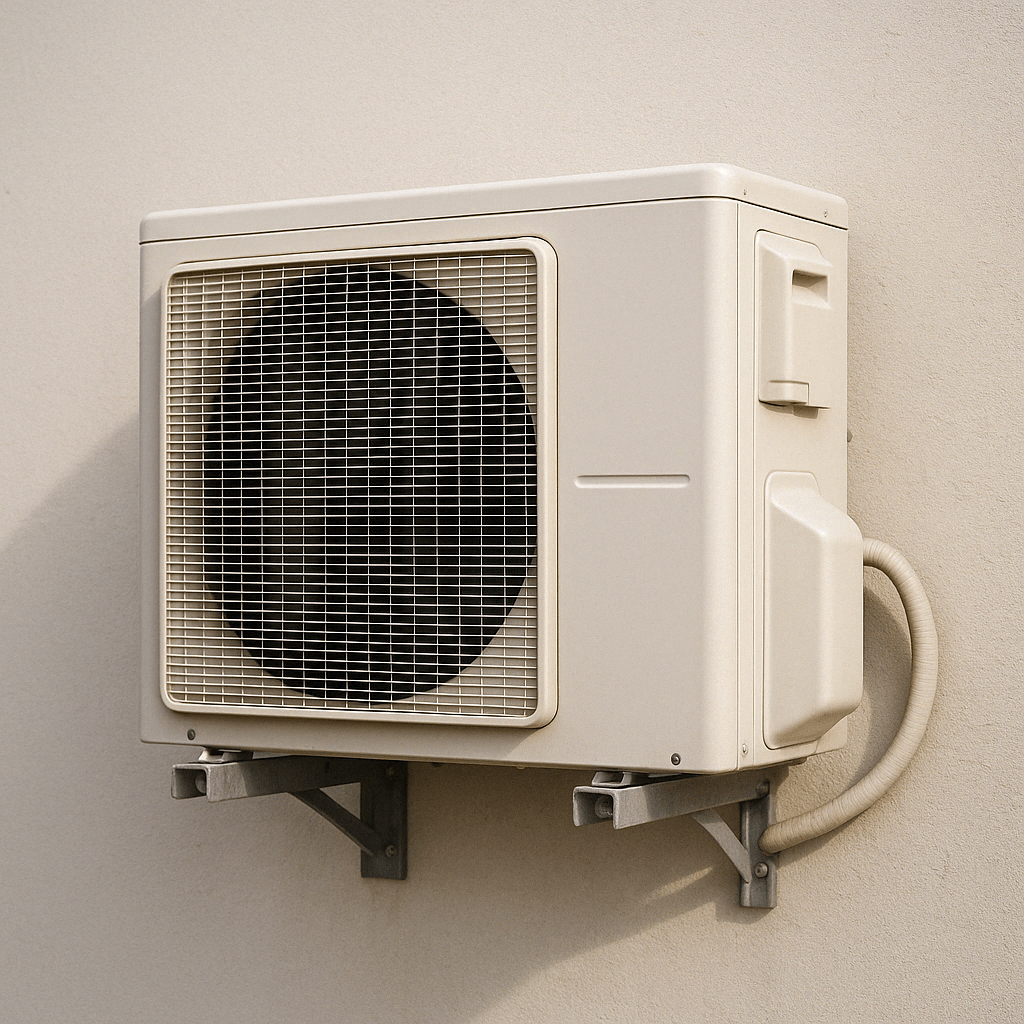
Get Your Air Conditioner Ready for the Summer with Superior Water & Air
April 21, 2025

Why You Need the Air Ducts Cleaned in Your Home: Benefits & More
April 3, 2025
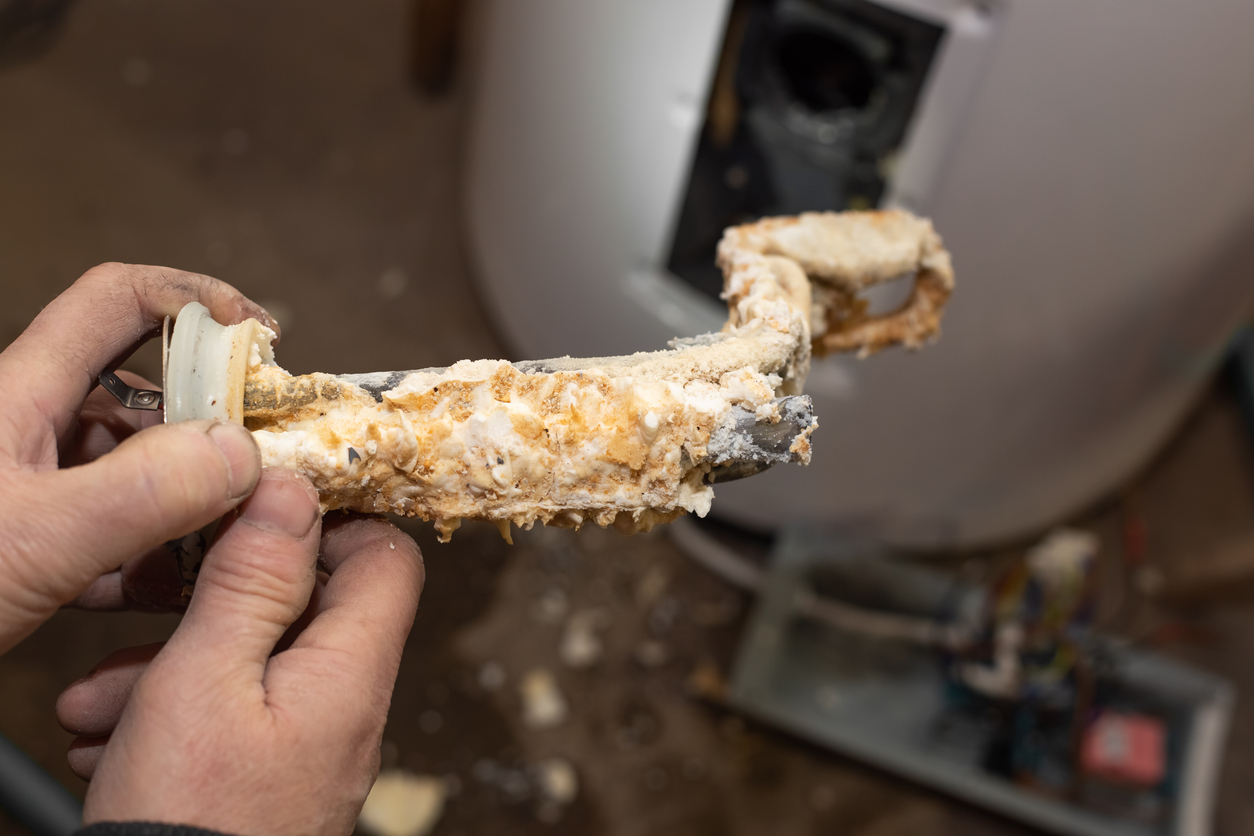
How to Determine Water Hardness & Treat Effectively
February 25, 2025

How to Save On Your Heating Bill During Winter
February 10, 2025
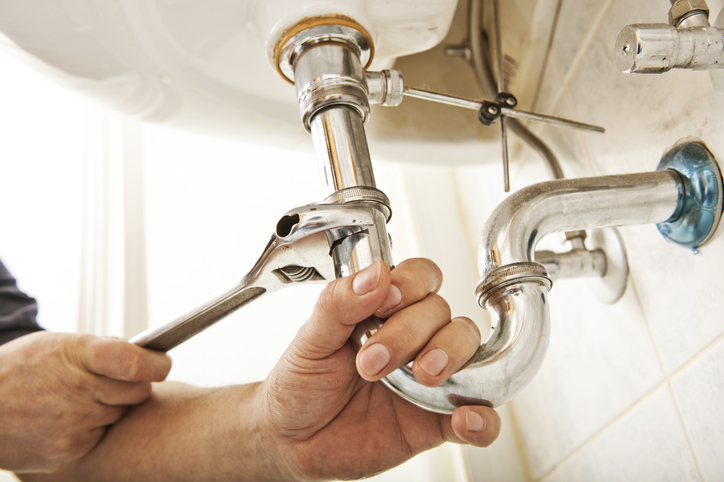
Cost Savings with Proper HVAC and Plumbing Systems in Winter
December 9, 2024
